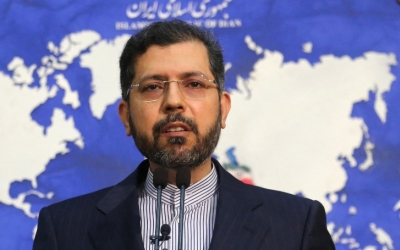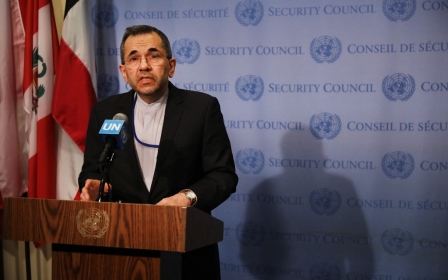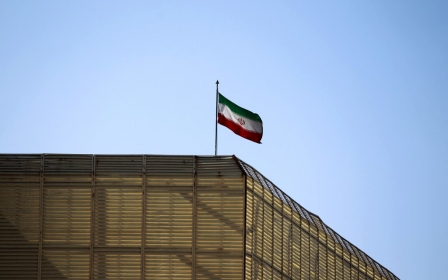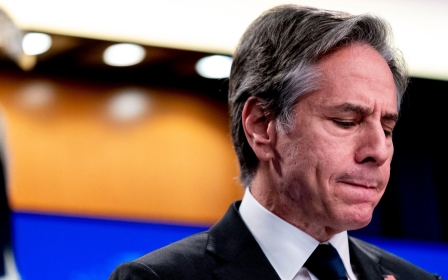Iran nuclear deal: US, European allies say 'time is running out'
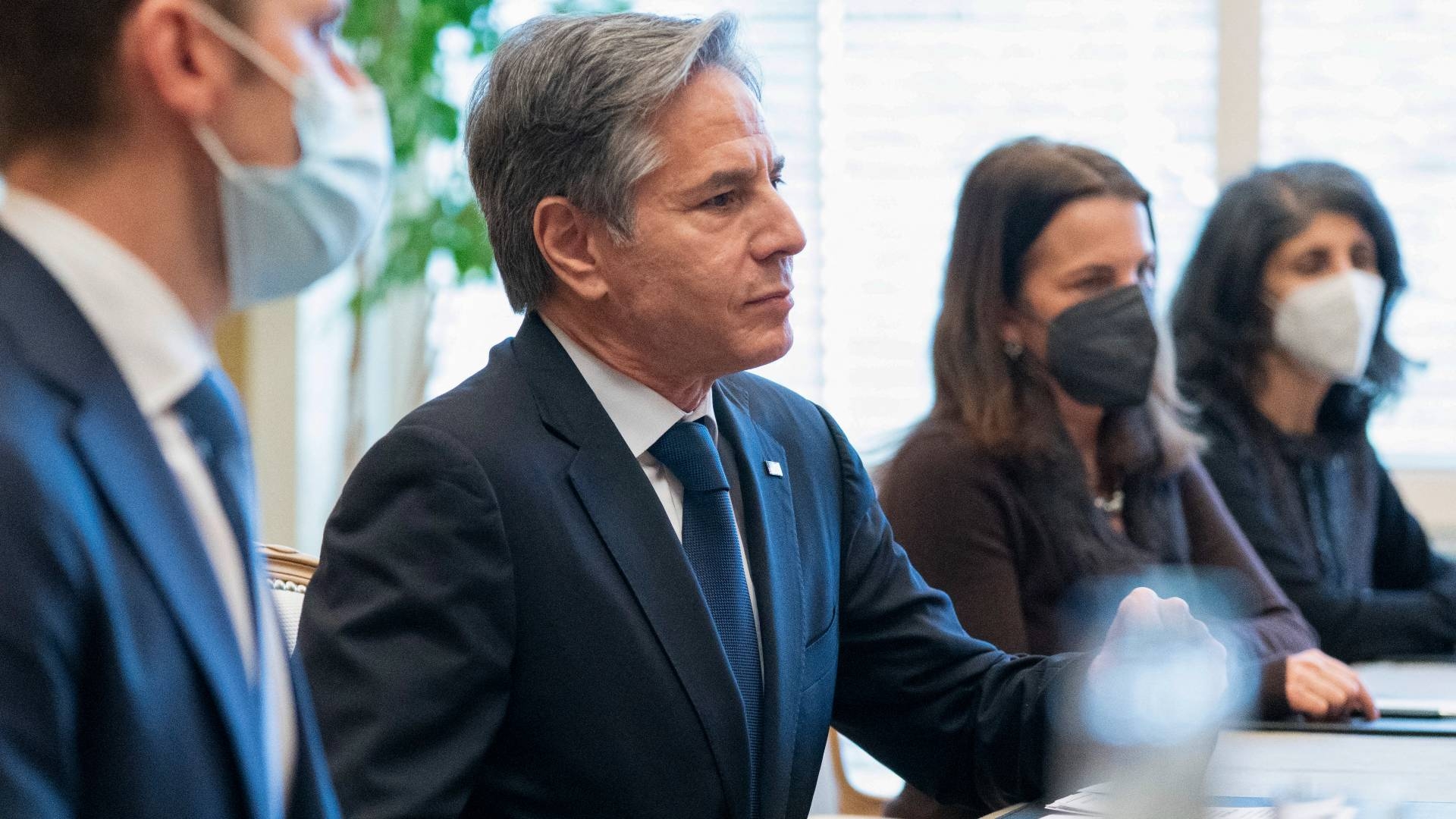
The United States and its European allies said on Thursday there are now just a matter of weeks to salvage the 2015 Iran nuclear deal, after a round of talks in which a French diplomatic source said there had been no progress on the core issues.
Western diplomats have previously indicated they were hoping to see a breakthrough over the next few weeks, but sharp differences remain, with the toughest issues still unresolved. Iran has rejected any deadline imposed by western powers.
"We are indeed at a decisive moment," US Secretary of State Antony Blinken told a news conference after meeting French, German and British ministers in Berlin.
"There is real urgency and it's really now a matter of weeks, where we determine whether or not we can return to mutual compliance with the agreement."
President Joe Biden said on Wednesday that it was not time to give up, because some progress was being made.
Western states have repeatedly said that time was running out, with Germany's Foreign Minister Annalena Baerbock again saying the window of opportunity was closing.
"The negotiations have now entered a decisive phase. We need to make very, very urgent progress here, otherwise we will not be able to reach an agreement together that will bring sufficient added value to the central issue of non-proliferation," she said.
Highlighting the urgency, a French diplomatic source, briefing reporters after the Berlin meeting, said progress had been limited.
"There is partial, timid and slow progress on the subjects which are not the subjects at the heart of the negotiation, which we know are the most important," the source told Reuters news agency. "We will not be able to do it [return to the deal] if Iran continues on this trajectory at nuclear level, and if the negotiation proceeds in the same way."
'February will be absolutely decisive'
Negotiations to revive the nuclear deal, also known as the Joint Comprehensive Plan of Action (JCPOA), resumed in late November after talks were paused in June as Iran elected its new president, Ebrahim Raisi.
The agreement - signed by Iran, the US, China, Russia, Britain, France and Germany - offered Tehran sanctions relief in exchange for curbs on its nuclear programme.
In 2018, former US President Donald Trump unilaterally withdrew from the accord and reimposed economic sanctions. After several months of maintaining compliance, Iran began rolling back its commitments in 2019.
One of Iran's main demands during negotiations is that the US provides a guarantee that it would not leave the deal again in the future, diplomats told the Wall Street Journal on Monday.
The demand was initially floated when nuclear talks began under former Iranian president Hassan Rouhani. Two western diplomats told the Wall Street Journal that ensuring that Iran's Supreme Leader, Ayatollah Ali Khamenei, is not again embarrassed by a future US pullout appears to be a top political goal for Tehran.
Washington, however, has said that it can only give such a guarantee with a treaty that has the support of two-thirds of the US Senate - an unlikely scenario, given the Democrats' slim majority in the legislature.
Iran has refused to directly meet US officials, which means that other parties - Britain, China, France, Germany and Russia - must shuttle between the two sides. The source would not set a deadline, but said the current trend was untenable.
"It seems necessary to us to change approach," the source told Reuters. "I think that the month of February will be absolutely decisive. We are not going to continue like this in Vienna on the current trajectories in March, April, May etc."
Middle East Eye delivers independent and unrivalled coverage and analysis of the Middle East, North Africa and beyond. To learn more about republishing this content and the associated fees, please fill out this form. More about MEE can be found here.


